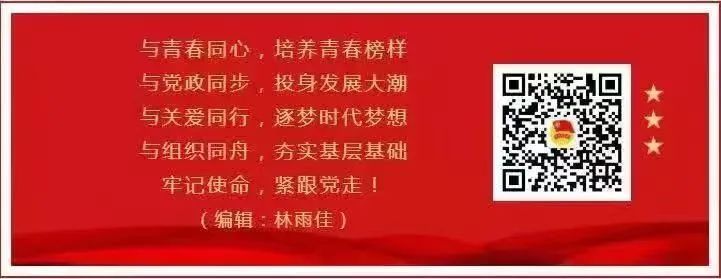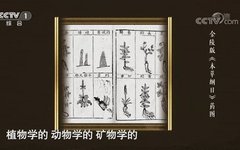The Compendium of Materia Medica (Bencao Gangmu) is a monumental work in traditional Chinese pharmacology.
It is a comprehensive compilation
with a total of 52 volumes and nearly 1.9 million words
documenting 1,892 medicinal substances
and is hailed as the “Encyclopedia of Ancient China”.
The original manuscript of the Compendium of Materia Medica
is currently housed in the Library of the China Academy of Chinese Medical Sciences.
What other ancient TCM texts are there?
Let’s go take a look ↓
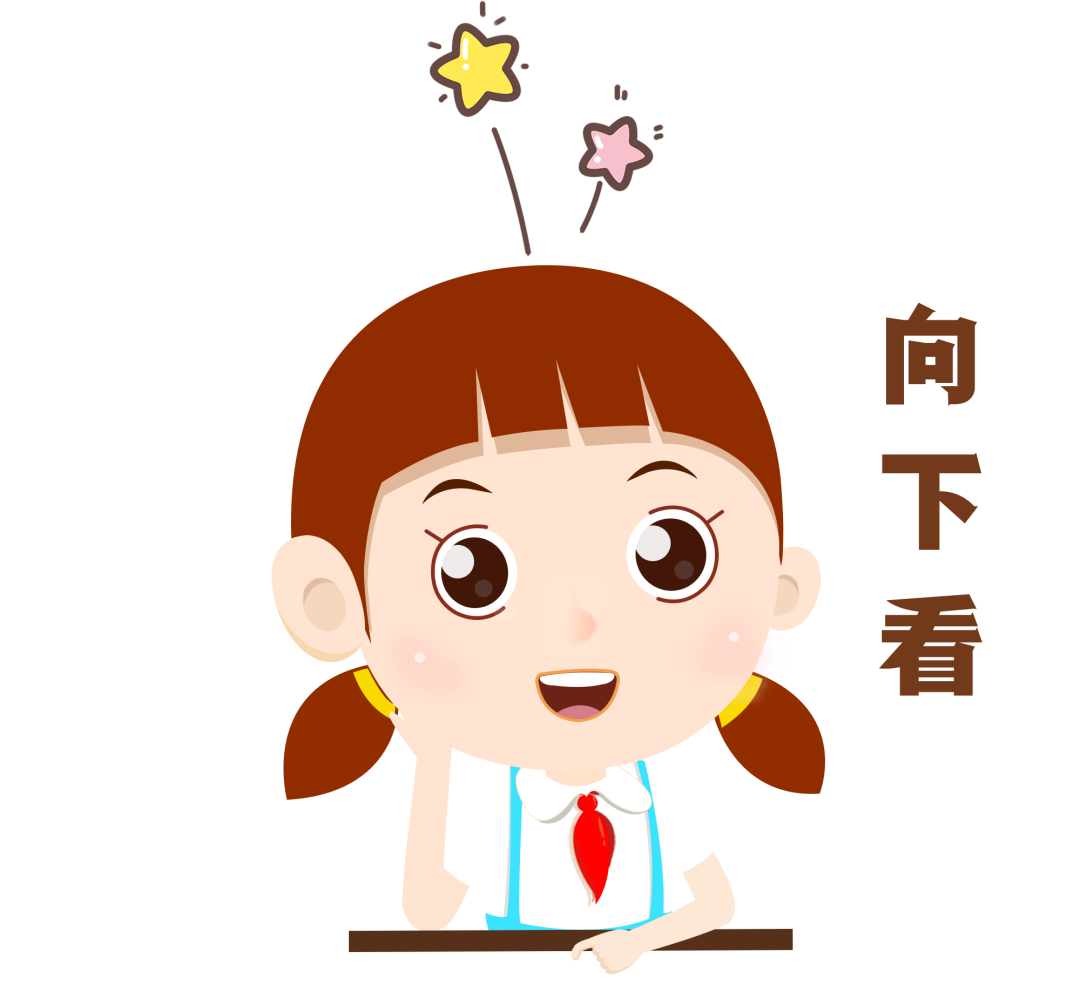

A monumental work of materia medica and a great encyclopedia
What does the original manuscript of the Compendium of Materia Medica look like?
The Library of the China Academy of Chinese Medical Sciences
is approved by the State Council as
one of the first “National Key Protection Units for Ancient Books”
and the “National Center for the Protection of Ancient Books in the TCM Industry”
It is also the institution with the largest collection of ancient TCM texts in the world.
Currently, the library holds over 100,000 ancient books
Among them, the most precious is the Jinling Edition of the Compendium of Materia Medica
which is also the library’s treasure.
It was published in 1593 and is the earliest printed edition of the Compendium of Materia Medica
covering botany, zoology, and mineralogy
It can be considered a work of natural history.
Due to its valuable knowledge of TCM
and its significant impact on the advancement of Eastern and Western civilizations,
the Jinling Edition of the Compendium of Materia Medica was successfully included in the “Memory of the World Register for the Asia-Pacific Region”
and the “Memory of the World Register”
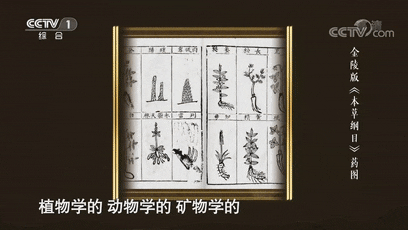
The Compendium of Materia Medica is the most systematic and comprehensive
exposition of Chinese medicinal herbs and medical prescriptions
and is the richest materia medica work.
It was the first to adopt a systematic classification of medicinal substances
This writing style
pioneered the way for all subsequent materia medica works.
As a groundbreaking work in Chinese pharmacology,
what is the significance of the words “Compendium of Materia Medica”?
, duration01:20
The Compendium of Materia Medica was compiled by the Ming dynasty physician Li Shizhen
over nearly 30 years.
He referenced over 800 sources
and verified various materia medica texts
to supplement content based on previous works.
He also expressed his views on errors in records and superstitions.
What texts did the Compendium of Materia Medica reference?
How extensive was the work of compiling the materia medica?
, duration02:39
Afterward, the Compendium of Materia Medica underwent multiple editions
and even reached the East and West,
attracting global attention.
The British biologist Darwin
cited it multiple times
and referred to it as the “Encyclopedia of Ancient China”.
Even today,
the Compendium of Materia Medica remains one of the essential texts for TCM practitioners.
It is one of the

The treasure trove of ancient TCM texts
Here are also ancient clinical emergency manuals
In addition to the treasured original of the Compendium of Materia Medica,
the Library of the China Academy of Chinese Medical Sciences
also houses the first ancient clinical emergency manual
— the Emergency Prescriptions from the Elbow
Relevant records in it
provided important leads for the successful development of the antimalarial drug artemisinin.
, duration02:02
It is reported that the Library of the China Academy of Chinese Medical Sciences
collects a total of 9 versions
of 11 editions of the Emergency Prescriptions from the Elbow
The Emergency Prescriptions from the Elbow
was originally named Emergency Prescriptions for Rescuing the Fallen
abbreviated as Elbow Prescriptions
Originally consisting of 8 volumes and 70 chapters,
the book documented rescue and treatment methods for various emergencies such as stroke, fainting,
abdominal pain, chest tightness, chills and fever, and cough.
It recorded medical prescriptions from before the Jin dynasty
and reflects the achievements of ancient Chinese medicine.
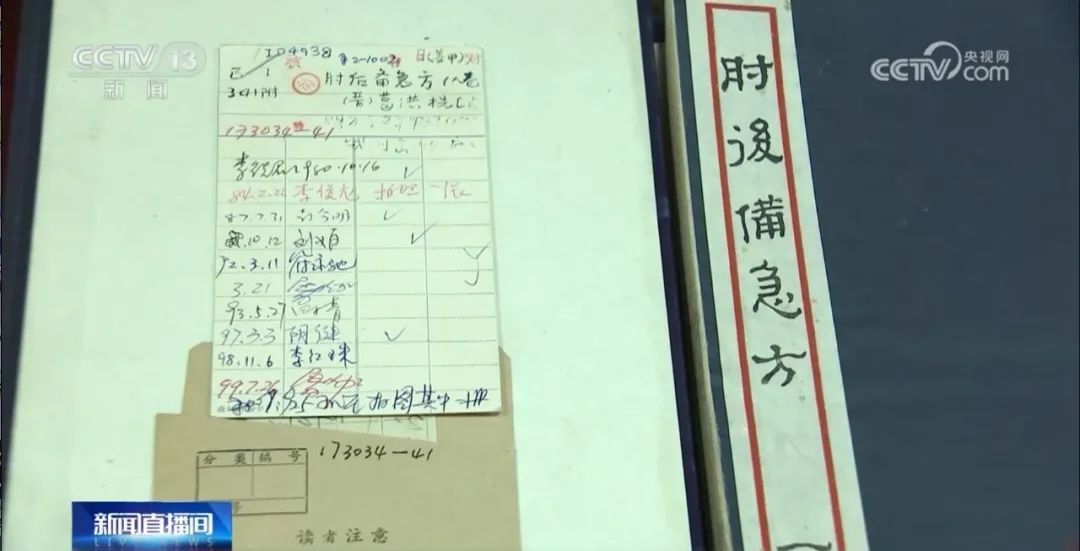
In the various versions of the ancient text Emergency Prescriptions from the Elbow
there are also found the signature cards of researcher Tu Youyou from the China Academy of Chinese Medical Sciences.
To draw on ancient experiences related to
antimalarial practices,
Tu Youyou consulted multiple editions of the Emergency Prescriptions from the Elbow.
“Take a handful of qinghao (Artemisia annua), soak it in two liters of water,
extract the juice, and take it all.”
Tu Youyou was inspired by the records in the book
and successfully extracted an effective new antimalarial drug, artemisinin.
This is a vivid example of the practical application of ancient texts.

Building a shared digital platform
Ancient TCM texts are revitalized
As a “National Ancient Book Restoration Center,”
the Library of the China Academy of Chinese Medical Sciences
relies on the National Administration of Traditional Chinese Medicine
to complete projects such as “Restoration and Scanning of Precious TCM Ancient Books,”
having restored 750 volumes of precious
damaged ancient TCM texts
and digitized 500 kinds of precious ancient texts
and published the Complete Collection of Rare TCM Ancient Books
to establish a demonstrative
shared digital platform
, duration02:49
To further protect and utilize TCM ancient book resources,
the Library of the China Academy of Chinese Medical Sciences
is conducting a comprehensive survey of TCM ancient book resources
and compiling the Complete Catalog of TCM Ancient Books
to clarify the existing TCM ancient book inventory.
At the same time, it has reprinted and published
the Complete Collection of Rare TCM Ancient Books
and the Collection of Precious TCM Classics
to discover rare and unique texts.
In applying regenerative protection methods,
it has played an important role in rescuing rare medical texts
and is known as the “Reconstruction Project of Fine Texts in TCM”.
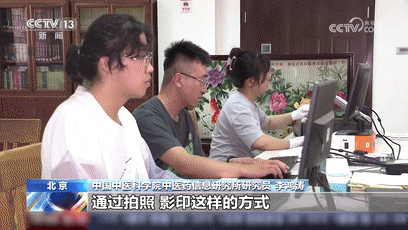
The Library of the China Academy of Chinese Medical Sciences
has been engaged in the digitization
and utilization of TCM ancient texts since the 1990s.
It has established a TCM Ancient Text Reading System
and a Full-Text Database of TCM Ancient Texts among other digital resource libraries.
At the same time, the National TCM Collection Database
has been updated to version 4.0
and is expected to include 2,500 kinds of TCM ancient texts
to achieve multi-channel retrieval and shared construction.
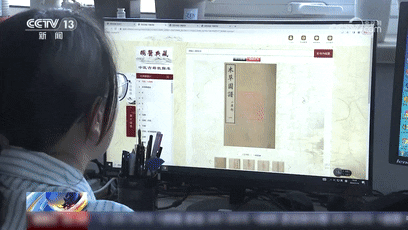
Currently, the National TCM Collection Database
has over 1,000 registered users,
including institutional users from
many research institutions and universities.
Trial access has been opened to over 20 overseas universities
and universities in Hong Kong, Macau, and Taiwan.
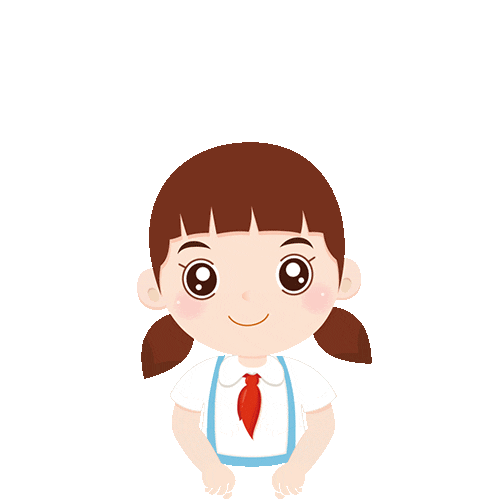
Source: National Youth Work Committee
